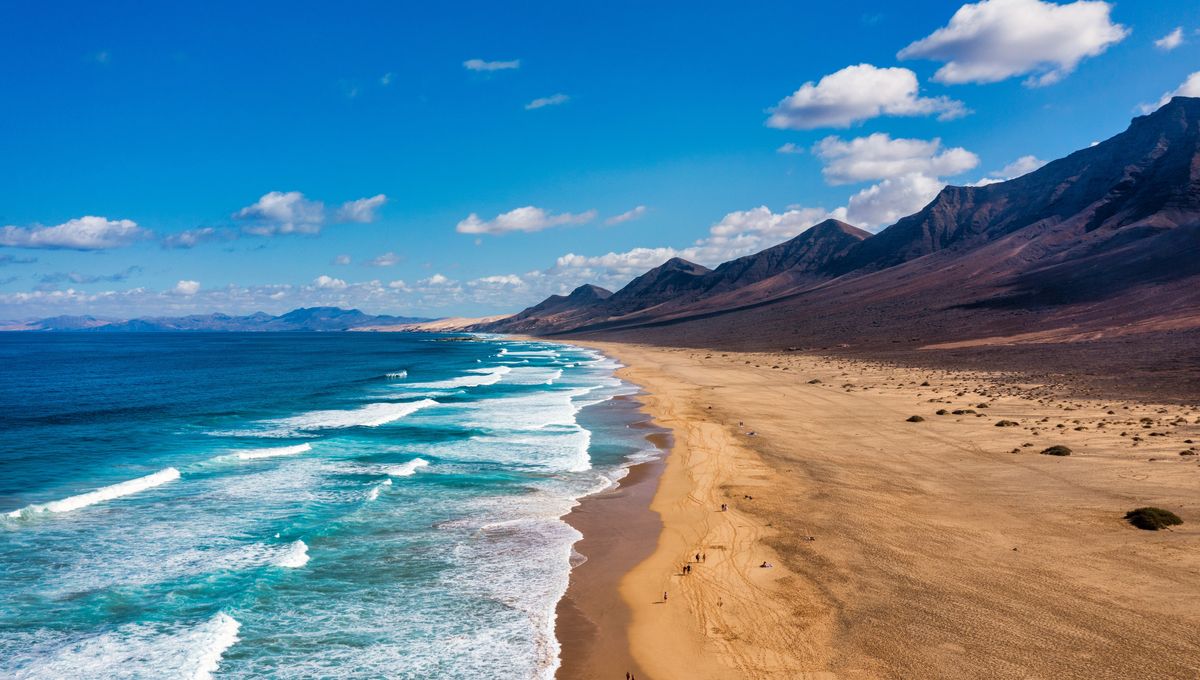
The Atlantic Ocean, one of the world’s largest and most defining bodies of water, has not always existed in its current form, according to geoscientific studies. Geological evidence reveals that the Atlantic Ocean formed approximately 200 million years ago, a relatively recent event in Earth’s 4.5-billion-year history.
This vast oceanic expanse resulted from the gradual breakup of the supercontinent Pangaea during the Mesozoic Era. As tectonic plates shifted and rifted apart, the Earth’s lithosphere fractured, creating what is known as the Mid-Atlantic Ridge—a continuous underwater mountain range that marks the dynamic boundary where the Eurasian and North American plates diverge in the north, and the South American and African plates diverge in the south.
The formation process of the Atlantic Ocean was marked by volcanic activity and seafloor spreading. Molten rock from Earth’s mantle surfaced through the rifting zones, cooled, and solidified into new oceanic crust. Over millions of years, these processes expanded the space between continents, birthing the Atlantic as we know it today.
Scientists continue to study the Atlantic’s geological history to better understand continental drift and the life cycle of ocean basins. Eventually, the Atlantic Ocean, like its ancient predecessors, may close again as tectonic movements reverse course in what geologists call the supercontinent cycle — a recurring pattern of supercontinents forming and dispersing over geological time.
Understanding this geological transformation not only illuminates Earth’s dynamic history but also offers insights into future tectonic activity and environmental changes.
Source: https:// – Courtesy of the original publisher.






